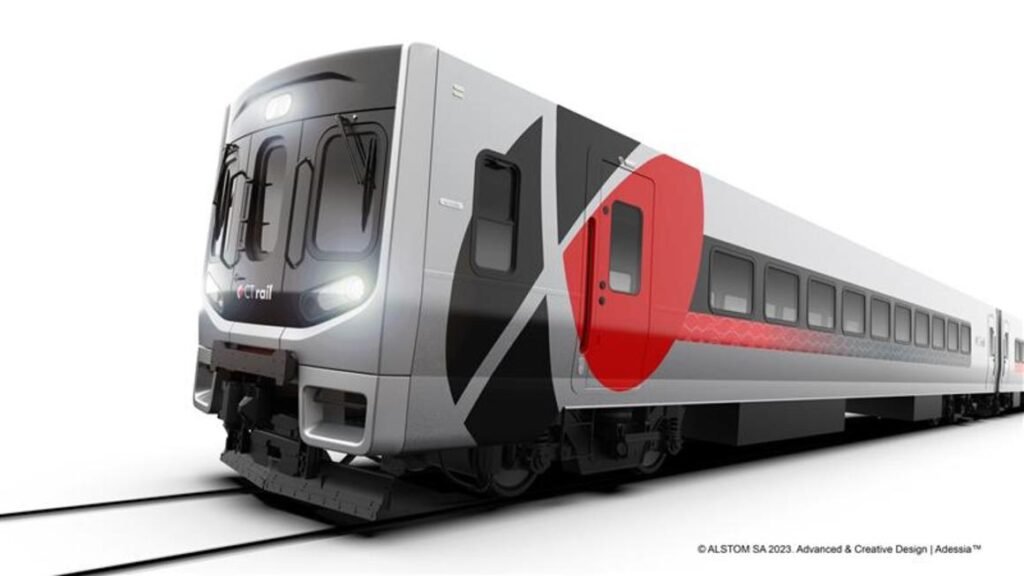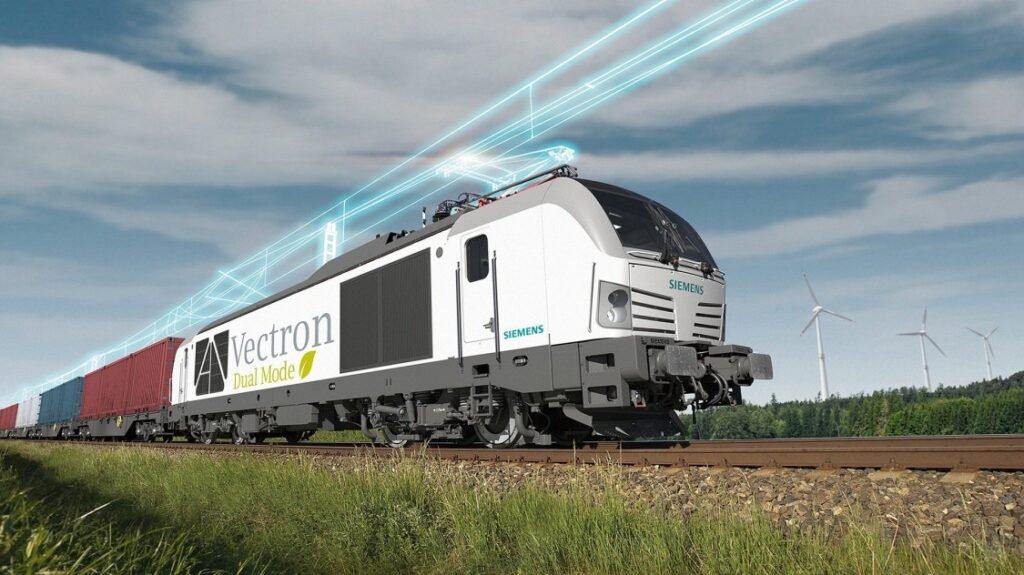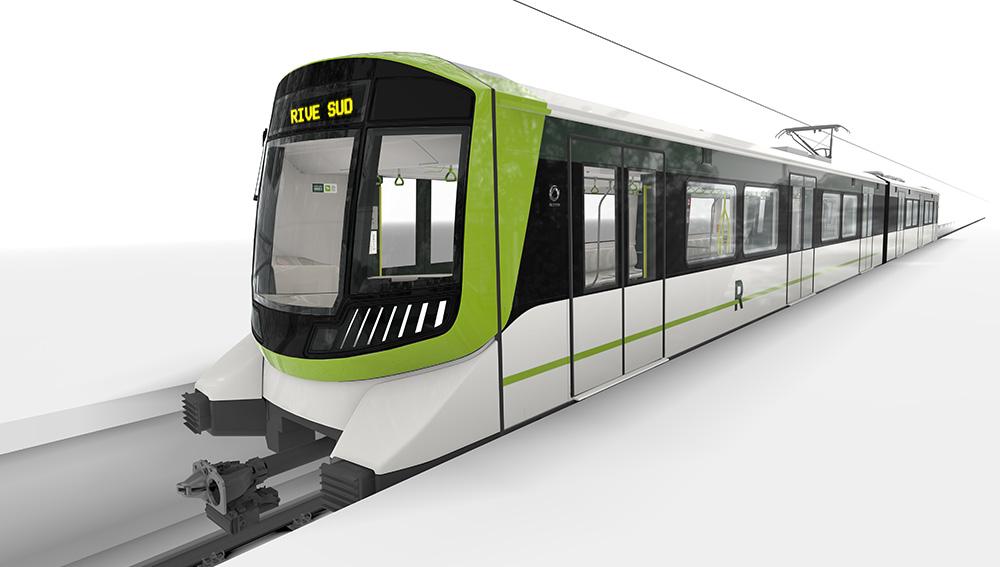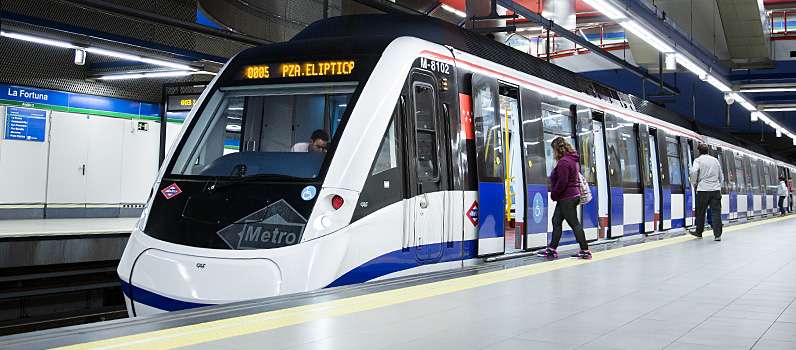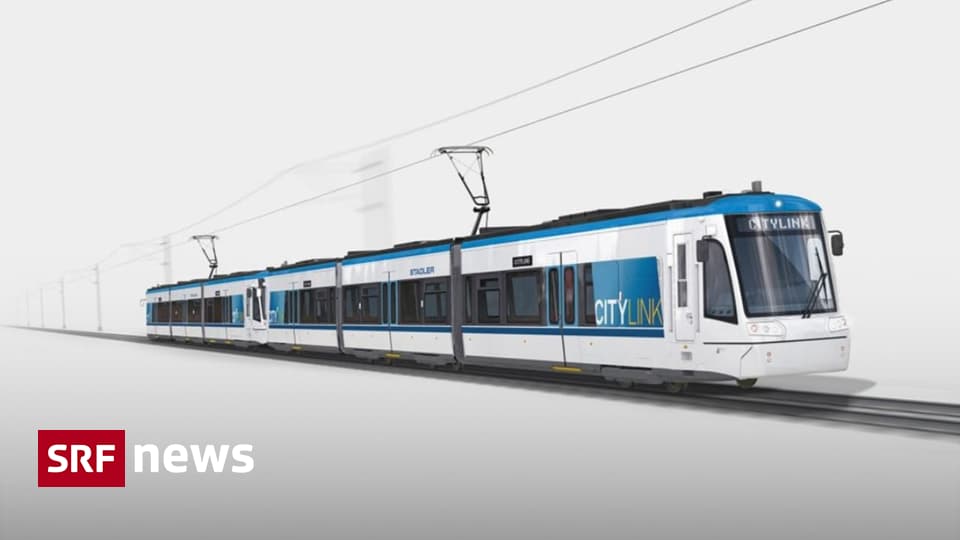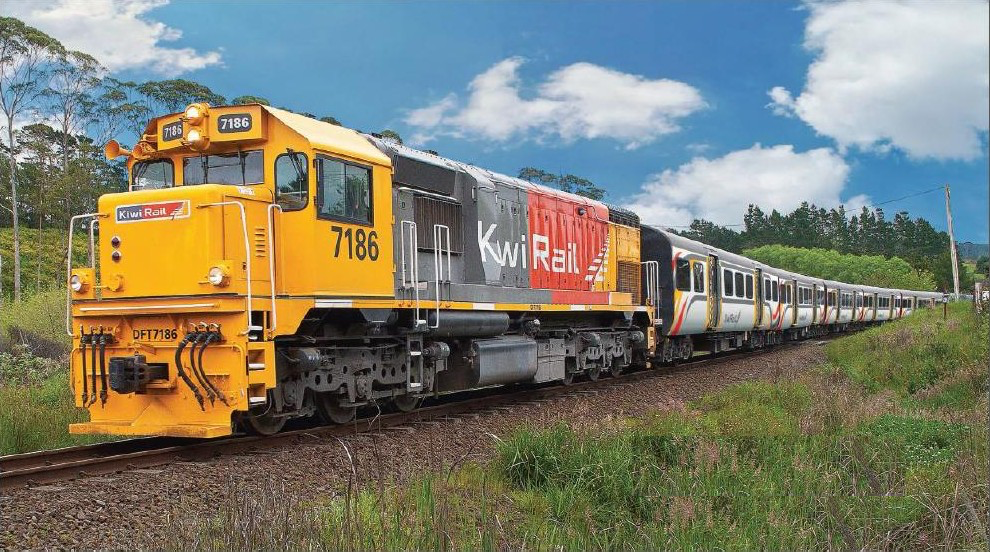Alstom to supply 60 single level coach cars to the Connecticut Department of Transportation
August 9, 2023 – Alstom (OTC: ALSMY)and the Connecticut Department of Transportation (CTDOT) confirmed an order for 60 single-level rail coach cars valued at approximately €285 million (approximately USD $315 million) with options to build an additional 313 cars,…
